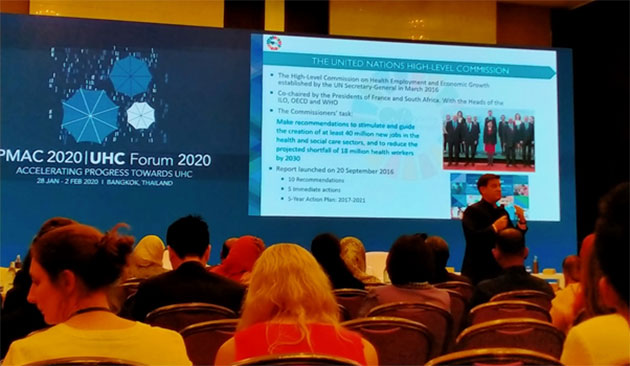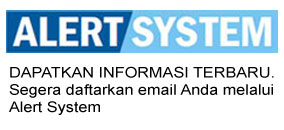PMAC 2020
Parallel Session 1.2
Investing in the Health Workforce for the 21st Century
Friday, 31st January 2020
Kumanan Rasanathan, Tomas Zapata, Ann Keeling, Donela Besada, Sunil De Alwis, Ayat Abuagla, James Buchan
Side Meeting
Opening Session
Plenary Session 0
Plenary Session 1
Parallel Session 1.2
Parallel Session 1.4
Plenary Session 2
Parallel Session 2.1
Parallel Session 2.2
Parallel Session 2.3
Parallel Session 2.5
Parallel Session 3.2

Health workforces have major role to play for smooth execution of health care system. They act as the frontline of health services that often come in contact directly to the patients or located close with the people. Thus, it is expected that the quality of health workforce services will mirror the satisfaction and overall result of wellbeing of a patient or a community. Producing quality health workforce will require to pay attention to their welfare as an individual along with providing environment where they could thrive to their full potential.
Sometimes, problems may arise where there are gender segregation, gender inequity, and sexual harassment occurring in the workforce environment. For such situation, laws to prevent sexual harassment could be implemented, where the solution can be further supported by having quotas in health workforce to ensure adequate representation of women including women in leadership. There may also be situation where there are unpaid and unrecognized community health workers as well as inadequate number of workforces, high turnover rates and migrations. The government could tackle those problems by creating evidence-based policy to support priority area and aligned national priorities through decentralized approach. Molding an already established system, or introducing a new one will entail to substantial amount of resources. However, it is crucial to regard health workforce as an investment, rather than cost.








